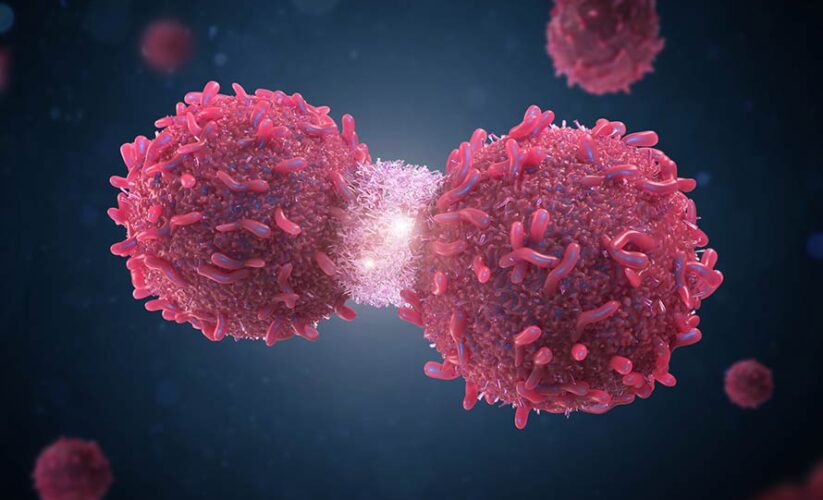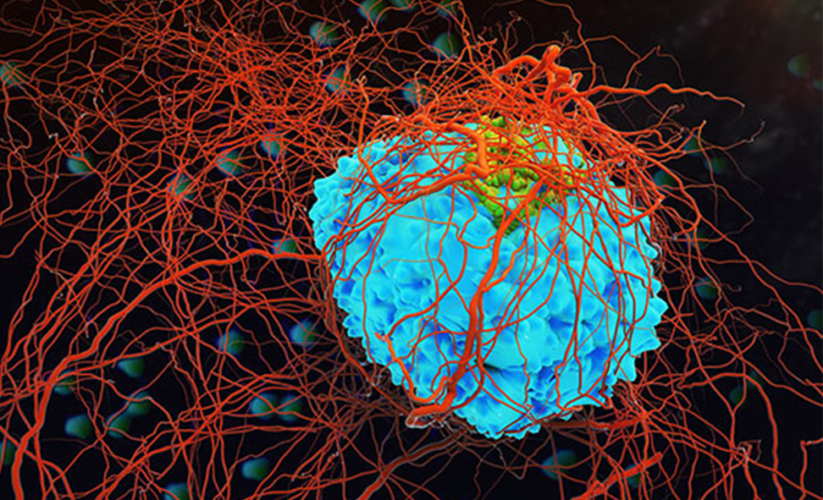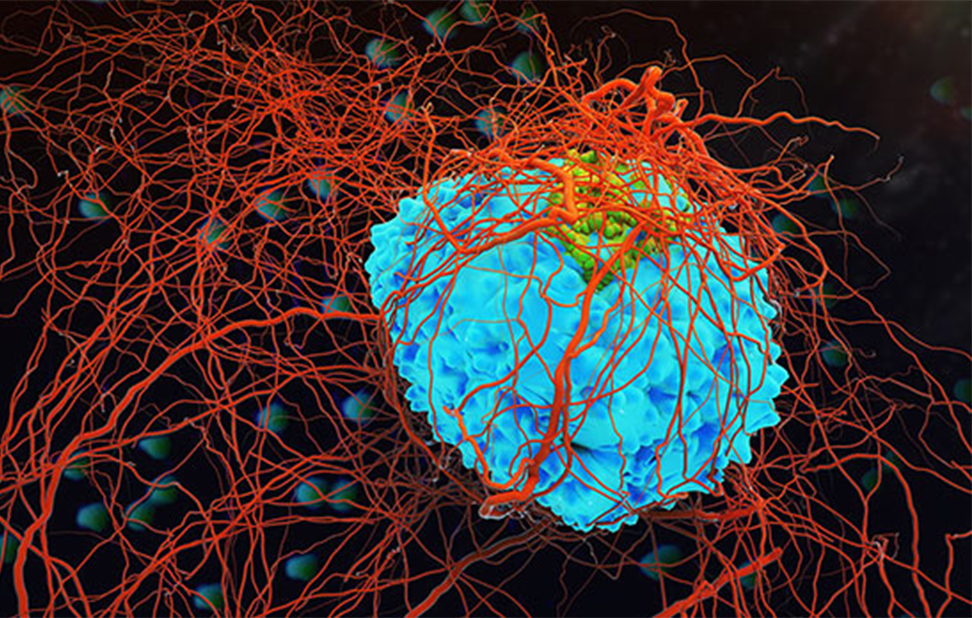
Hormone-secreting tumors are abnormal growths that arise in endocrine glands and release excessive hormones into the bloodstream. These hormones can disrupt various body systems, causing a wide range of symptoms. While some tumors are benign, others can be malignant—and detecting them early can significantly improve outcomes.
Here are 5 Key Warning Signs to Watch For:
1. Unexplained Weight Changes
Sudden, significant weight gain or loss without changes in diet or exercise may signal a problem with your metabolism. For example, excessive cortisol from an adrenal tumor (Cushing’s syndrome) can lead to weight gain, while an overactive thyroid may cause weight loss.
2. Persistent Fatigue or Mood Changes
Excess or deficiency of certain hormones, such as cortisol, prolactin, or growth hormone, can lead to overwhelming fatigue, depression, anxiety, or irritability. These symptoms are often misattributed to lifestyle stress or aging.
3. High Blood Pressure That’s Hard to Control
Adrenal tumors like pheochromocytoma produce adrenaline-like substances that can cause episodic or sustained high blood pressure. This type of hypertension is often resistant to standard treatment and may come with palpitations, sweating, or headaches.
4. Menstrual Irregularities or Sexual Dysfunction
In both men and women, hormone-secreting tumors can disrupt reproductive hormones. Women may experience missed periods, heavy bleeding, or infertility. Men may have reduced libido, erectile dysfunction, or changes in body hair and muscle mass.
5. Headaches or Vision Problems
Pituitary tumors can grow large enough to press on nearby nerves, particularly the optic nerve. This may result in headaches, blurred vision, or even partial vision loss in advanced cases.
When to Seek Medical Advice:
If you experience any combination of these symptoms—especially if they are persistent or worsening—it’s important to consult a doctor. Blood and urine hormone tests, along with imaging studies like MRI or CT scans, can help identify hormone-secreting tumors early.





